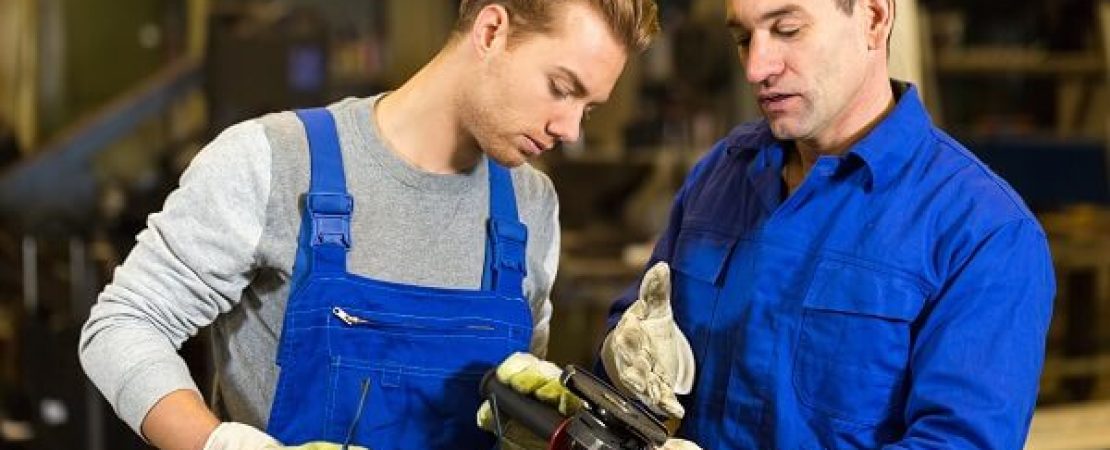If you are about to attend a rehabilitation consultation with a QRC, become familiar with the types of vocational rehabilitation services available for injured workers in Minnesota. The below list includes a brief description of each kind of service you could receive. (Minn. Rules § 5220.0100, subp. 13-40.)
Job Analysis and Transferable Skills Analysis
A job analysis assesses which tasks you perform in a job, the methods you use to perform tasks, equipment and tools you use, the result of your job, and which kinds of traits workers in that job need. A QRC may analyze your old job before you got injured or new jobs for which you might be qualified. The similar transferable skills analysis involves assessing which skills you have that could be used in a new job.
Job Development
In job development, you receive opportunities for regular contact with prospective employers. This could include something like invitations to job fairs or informational interviews.
Job Modification
Job modifications are alterations in “the work environment to accommodate physical or mental limitations by making changes in equipment, in the methods of completing tasks, or in job duties.” (Minn. Rules § 5220.0100, subp. 17.)
Job Seeking Skills Training
This training includes instruction in applying to jobs, preparing resumes, engaging in job interviews, and finding leads for new jobs.
Medical Management
A QRC engages in medical management when he or she facilitates communication about your medical treatment among parties to your workers’ compensation claim, or he or she coordinates your vocational services with the treatment you are receiving.
On-the-Job Training
You may receive instruction from an experienced worker on the job site, with an eye to gaining regular employment with the employer after you complete the training.
Vocational Evaluation and Testing
QRCs conduct vocational testing using written tests, simulations, or work samples. The testing in combination with information you provide about your work and medical history helps the QRC evaluate your vocational strengths and potential.
Work Adjustment and Hardening
Work adjustment uses simulations or real work activities to teach work skills and behaviors. Work hardening involves physical conditioning to regain skills or a planned gradual return to work.
Retraining
Retraining involves a formal course of study designed to teach you a new skill or help you gain an educational qualification.
Wondering which vocational rehabilitation services you could receive? Joe Osterbauer, Esq. and the Osterbauer Law Firm stand up for injured Minnesota workers’ rights. Joe’s 27 years of workers’ compensation experience and his team’s speedy service combine to get clients the results they need. To schedule a free consultation, visit Osterbauer Law Firm online or call Joe’s office at (612) 334-3434.


